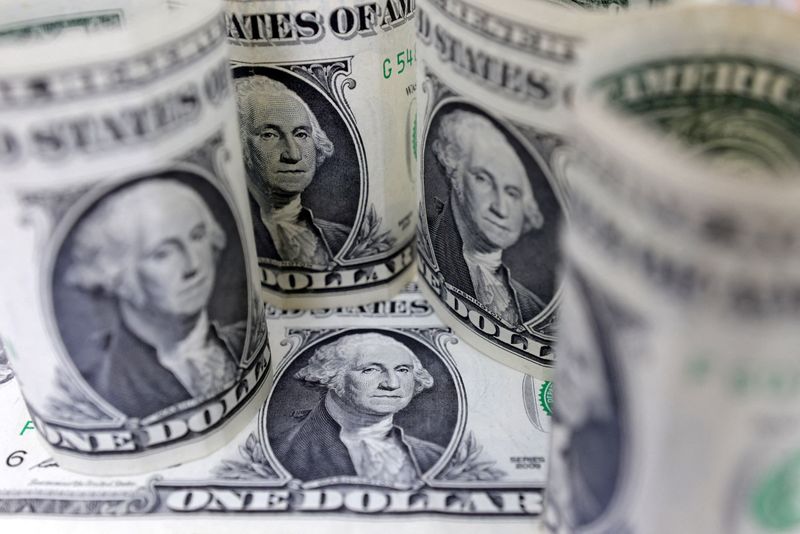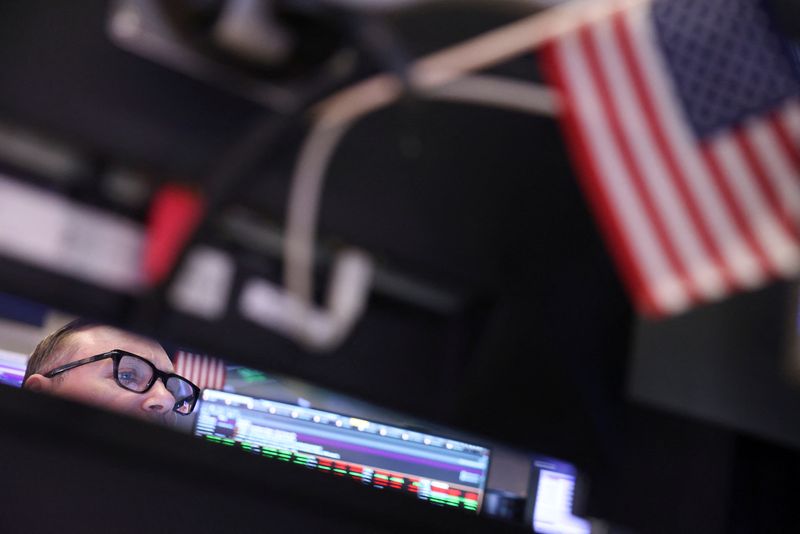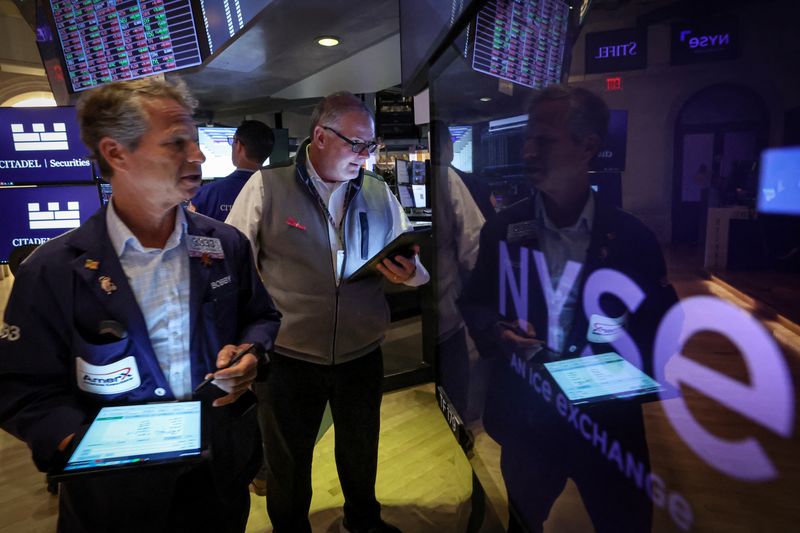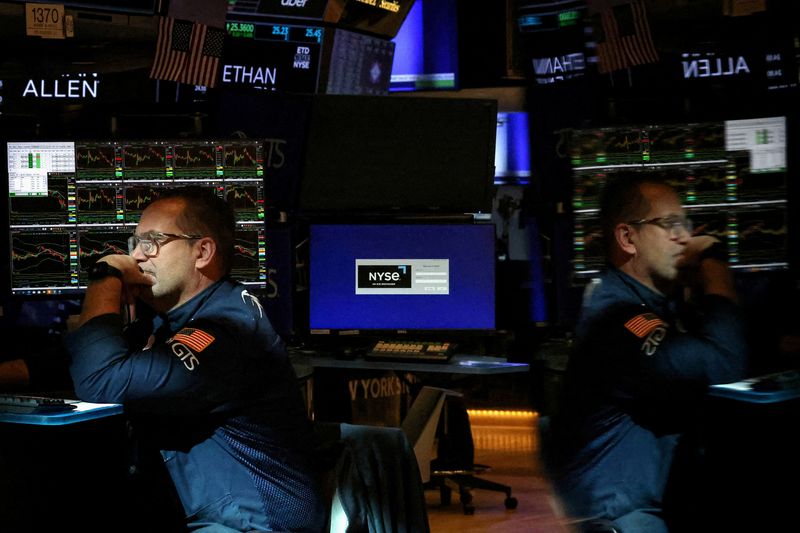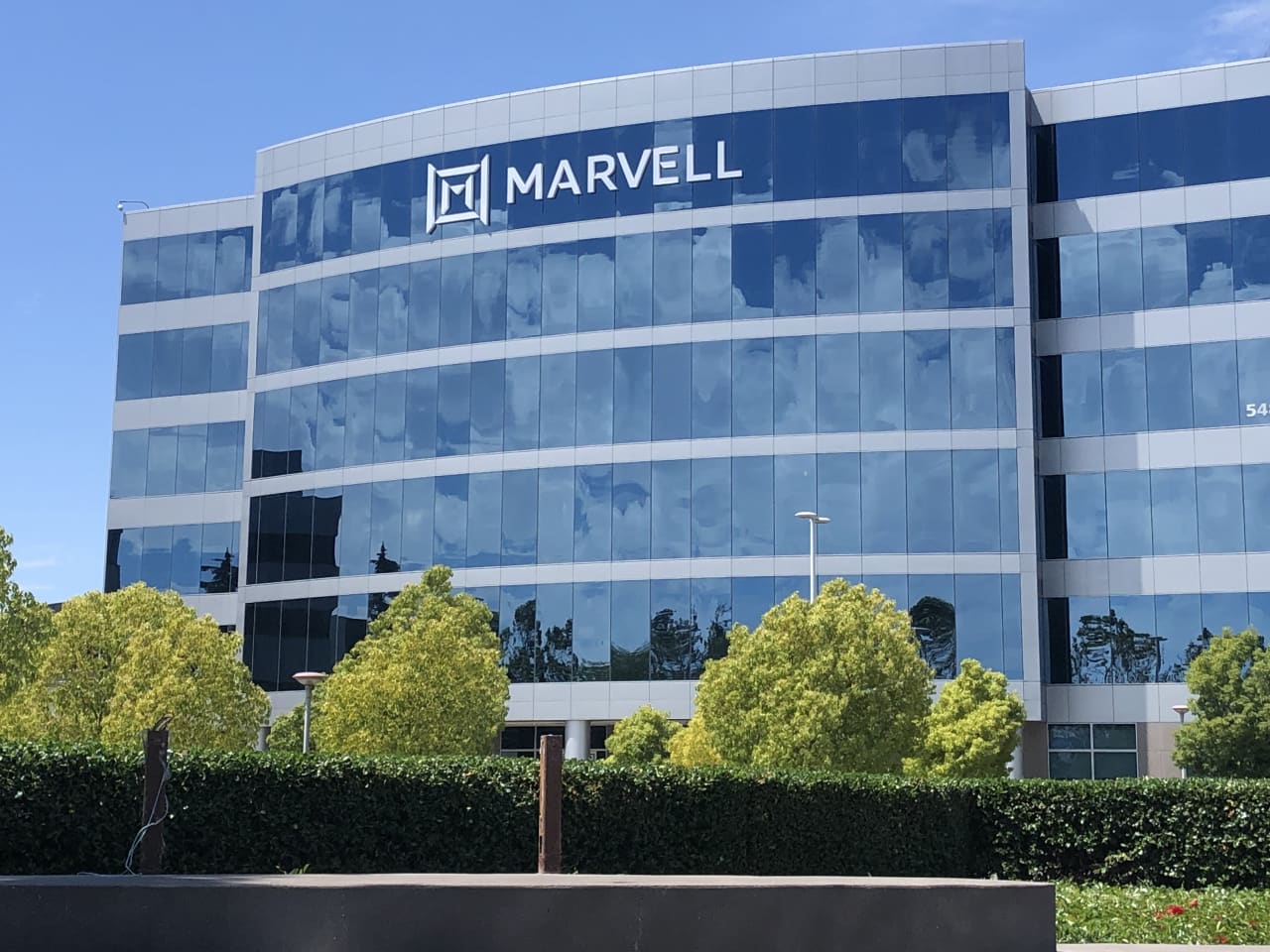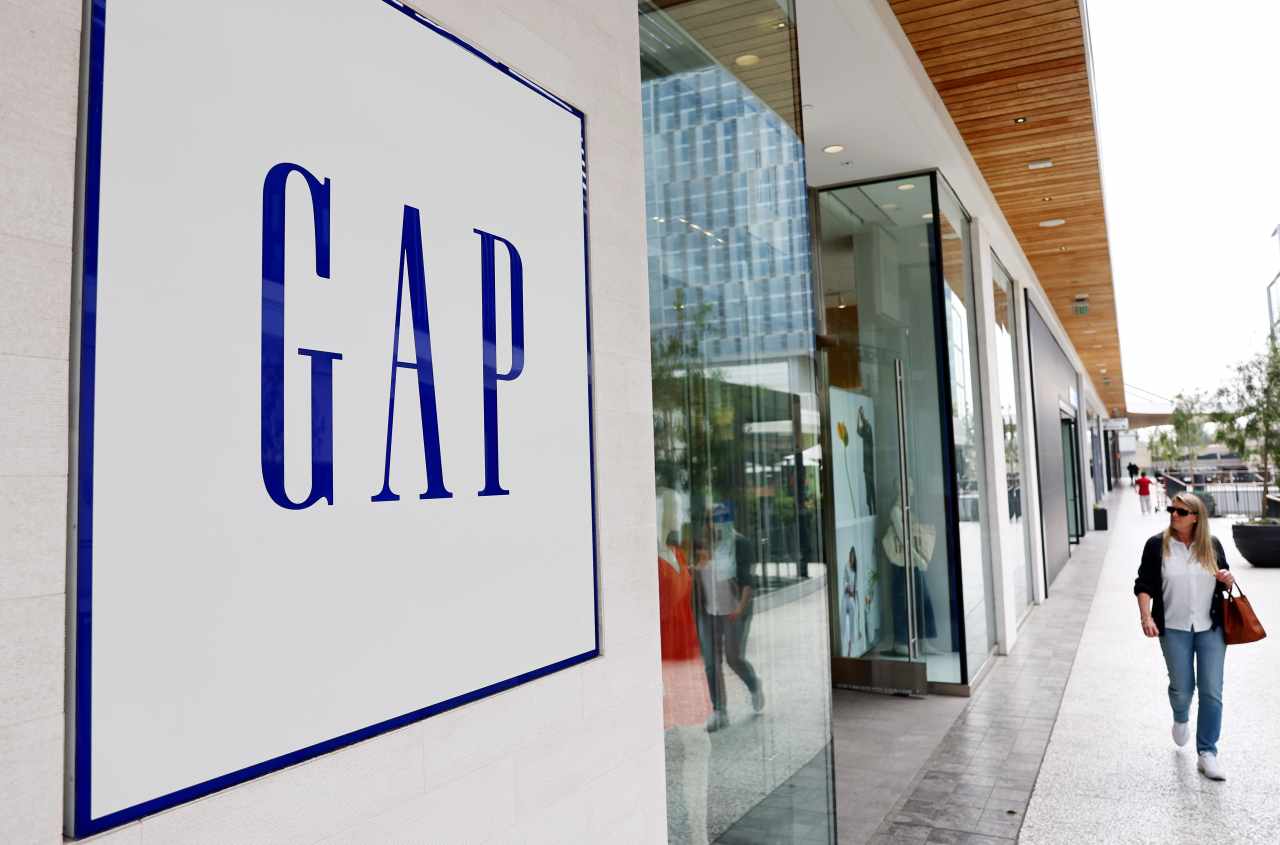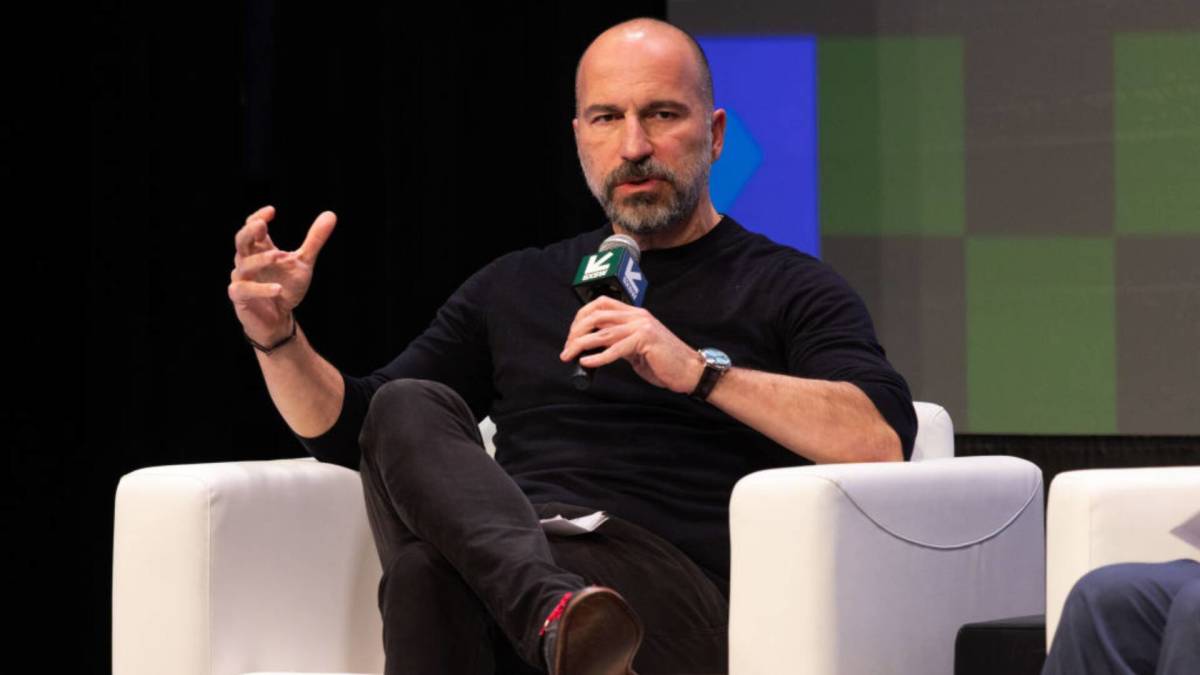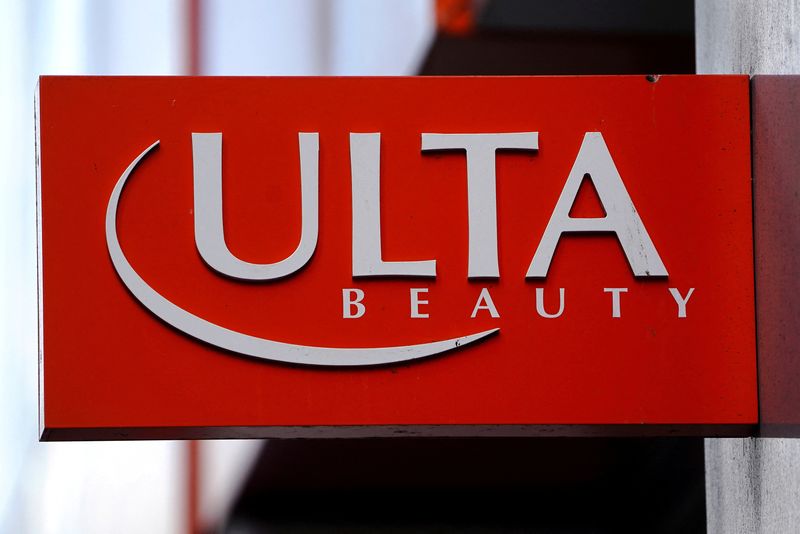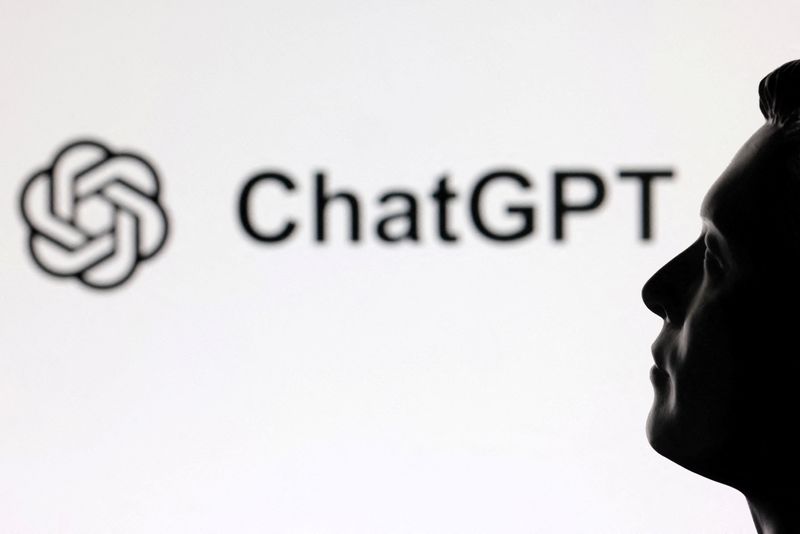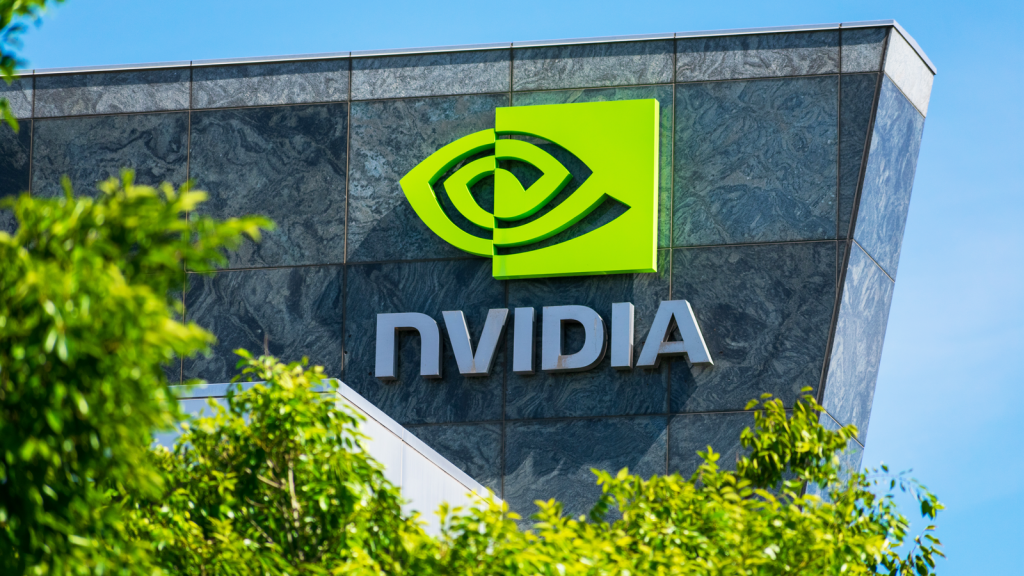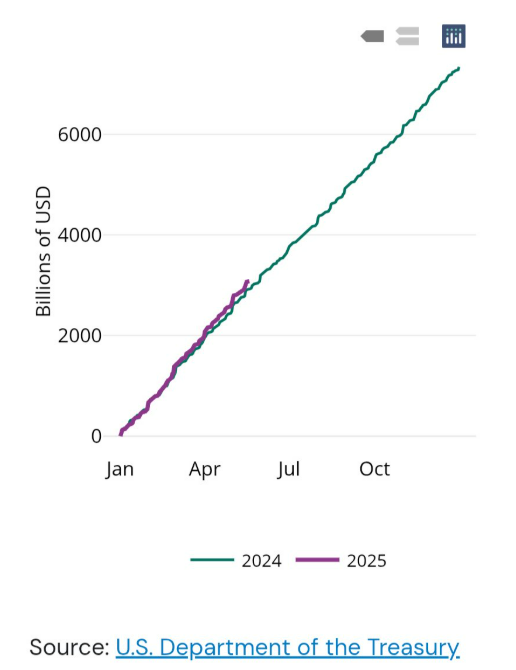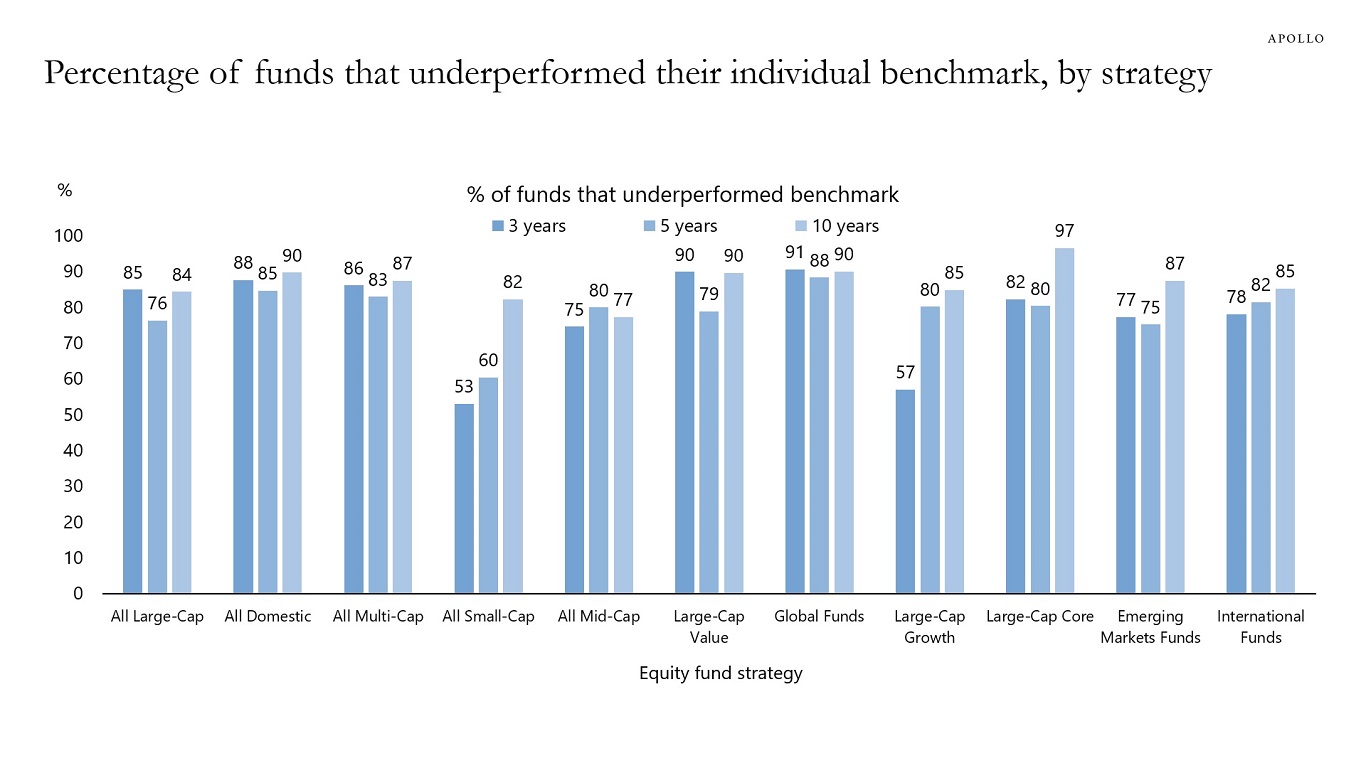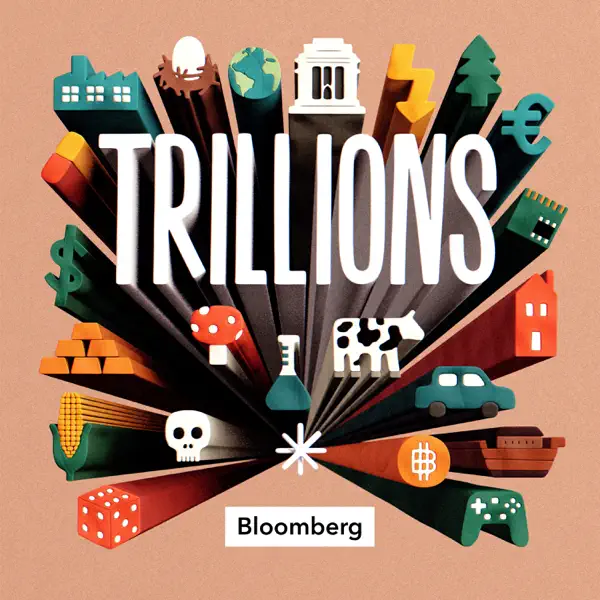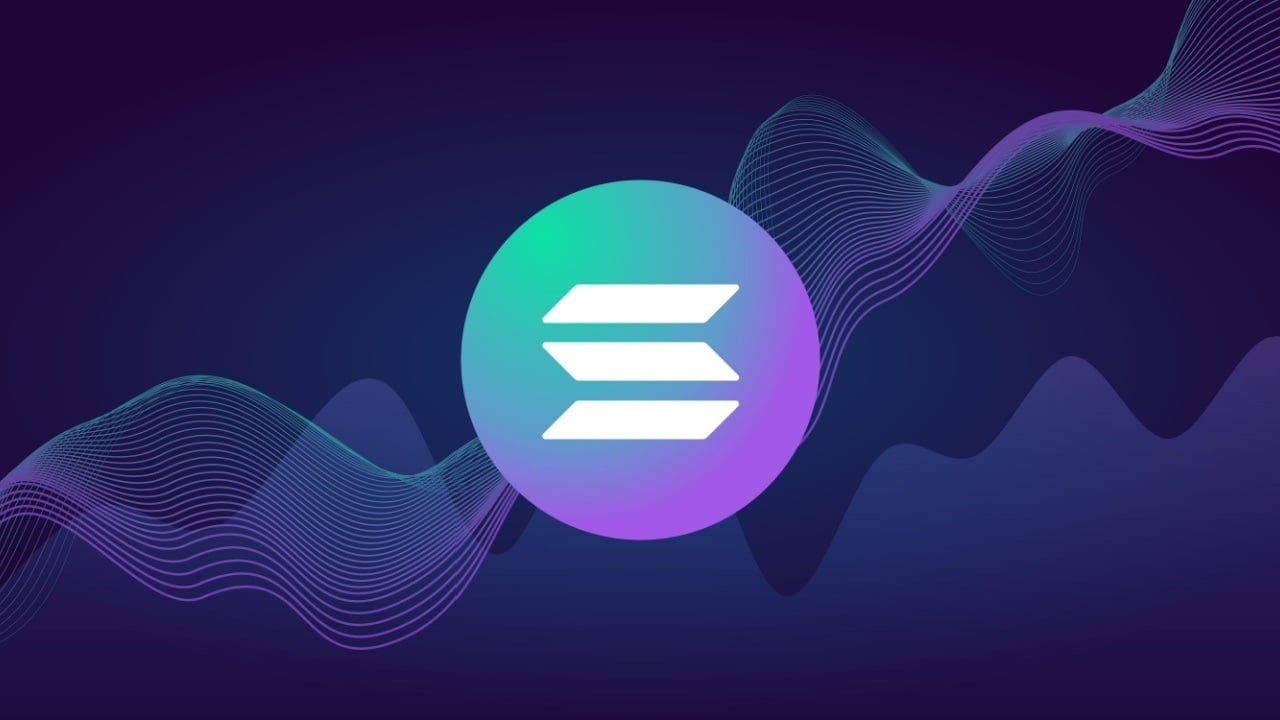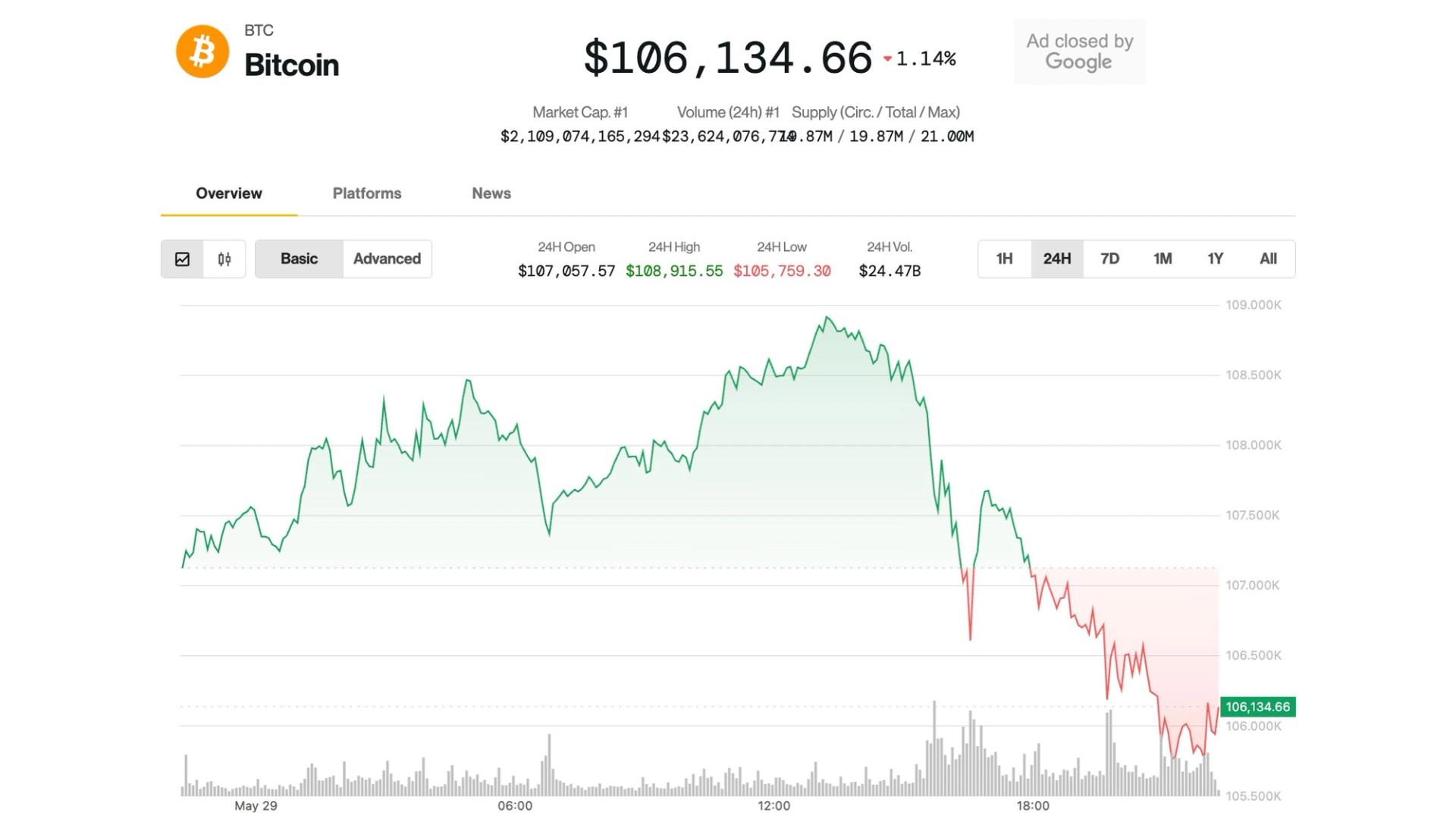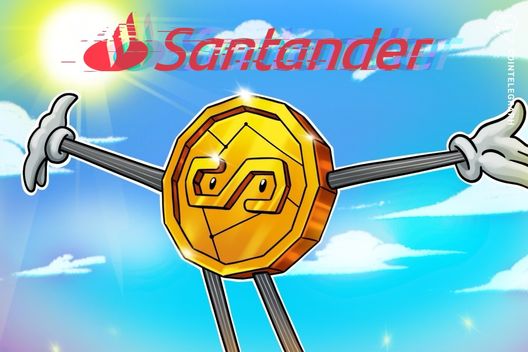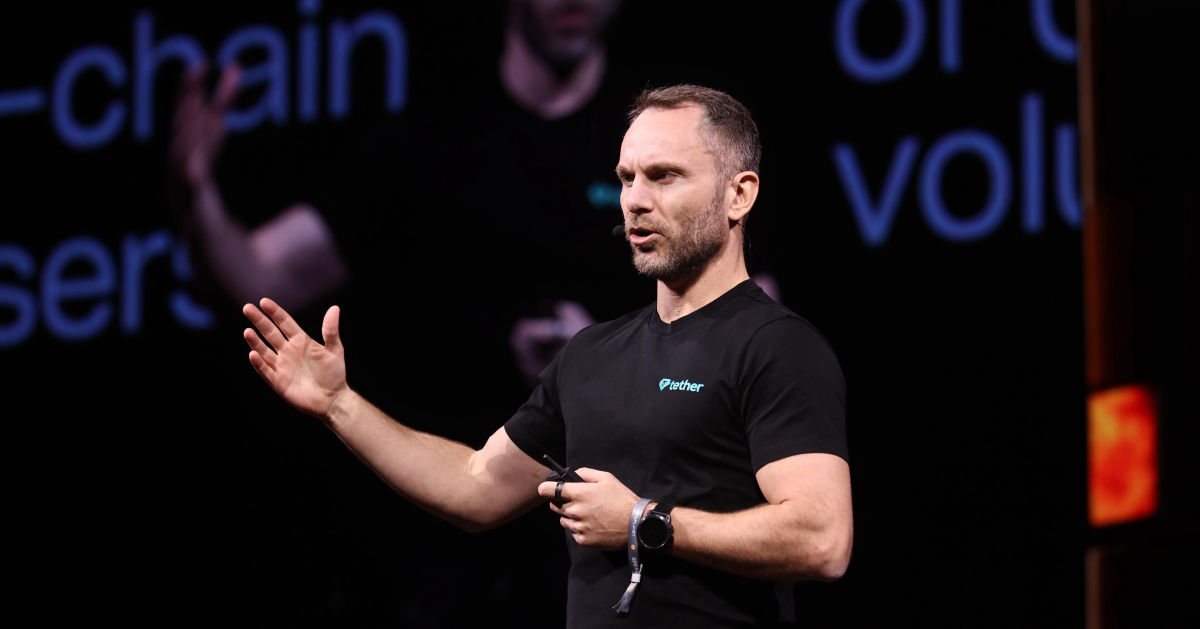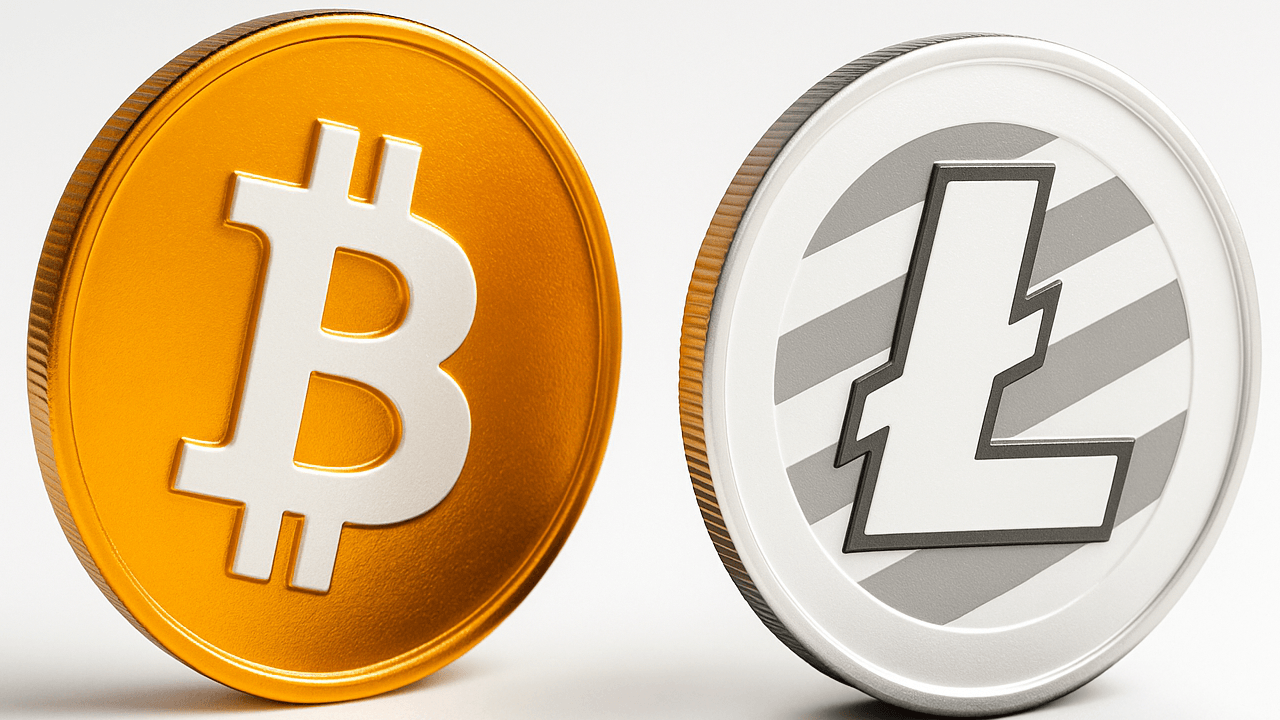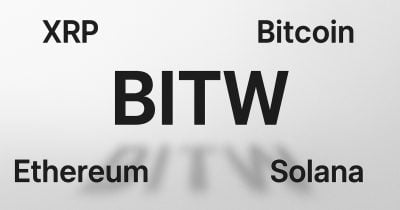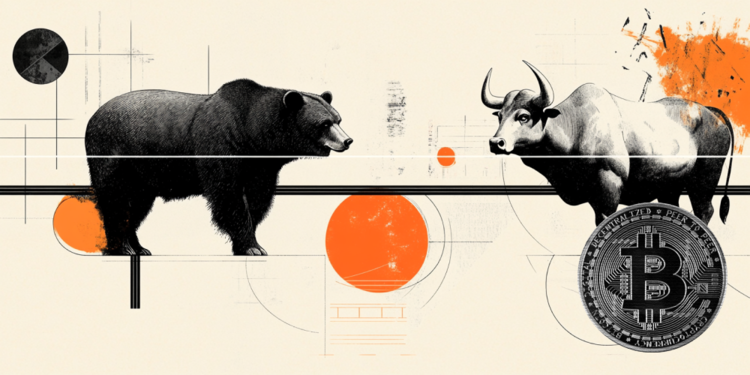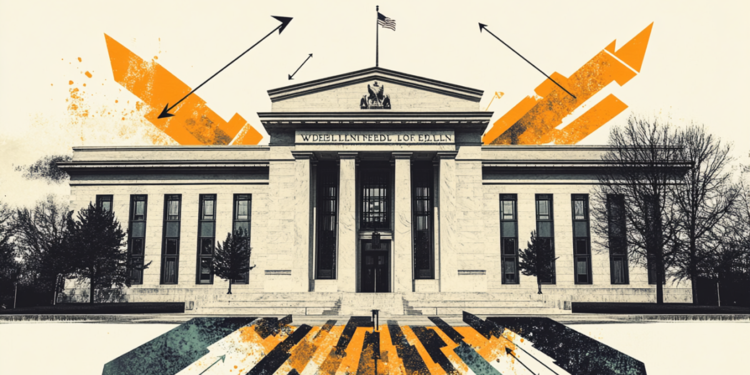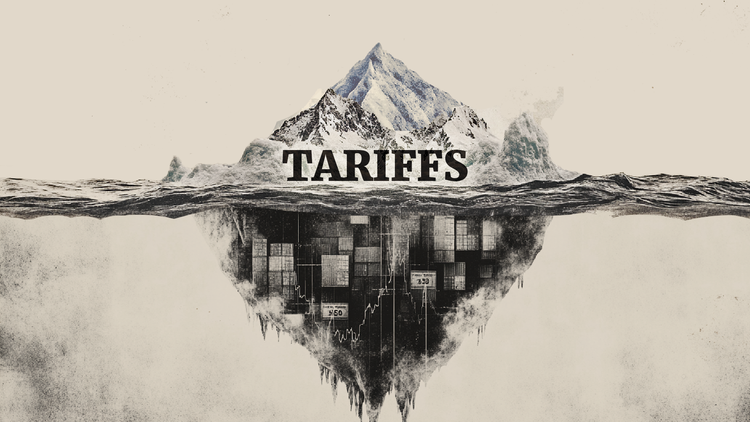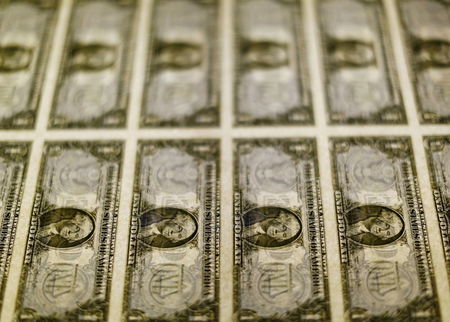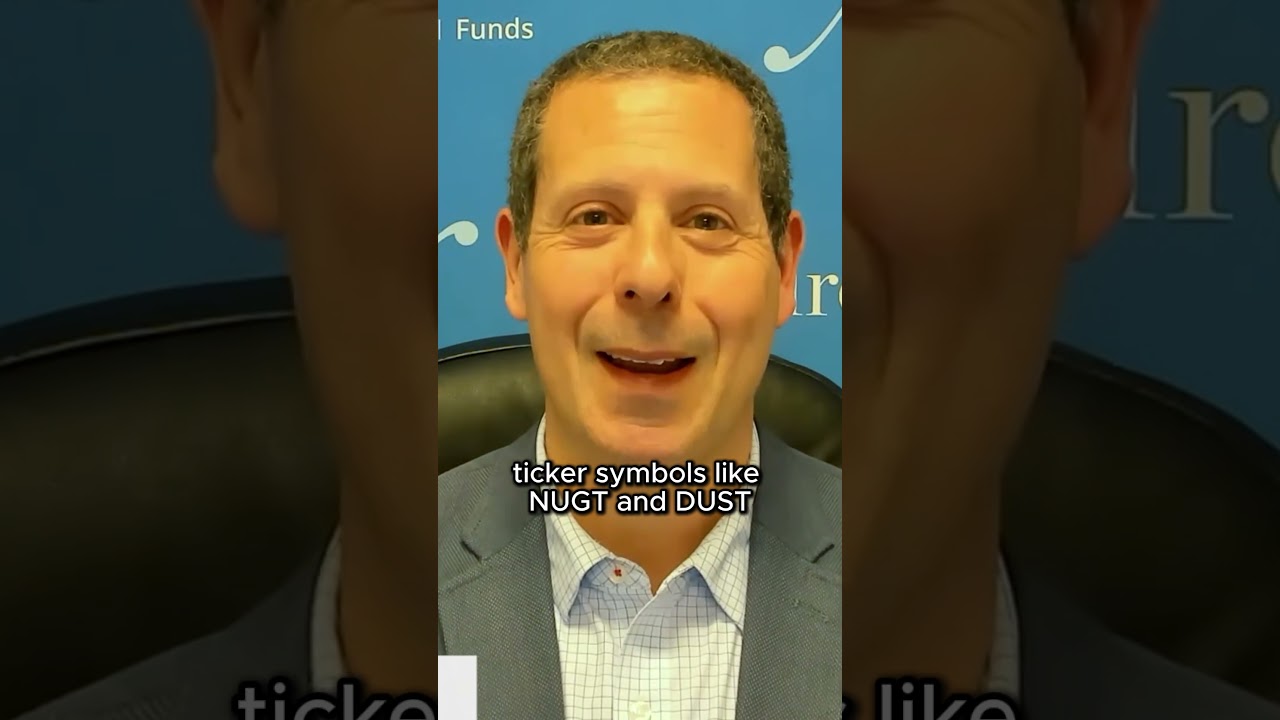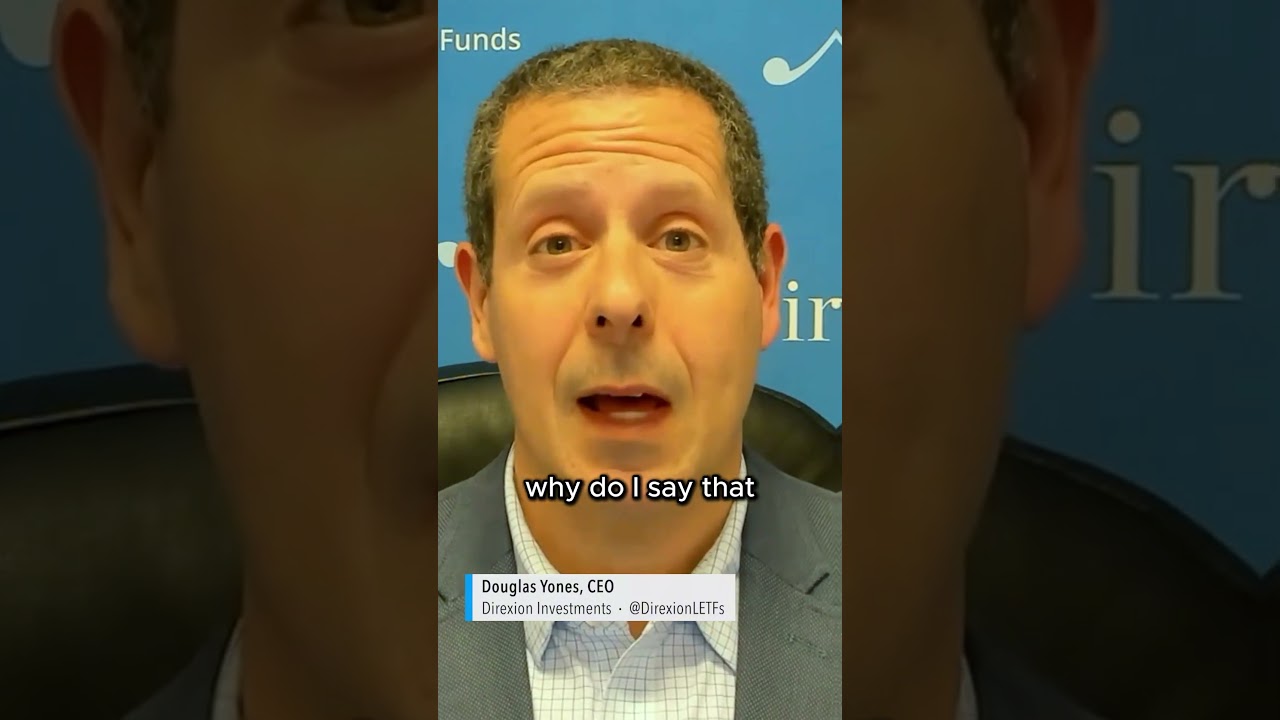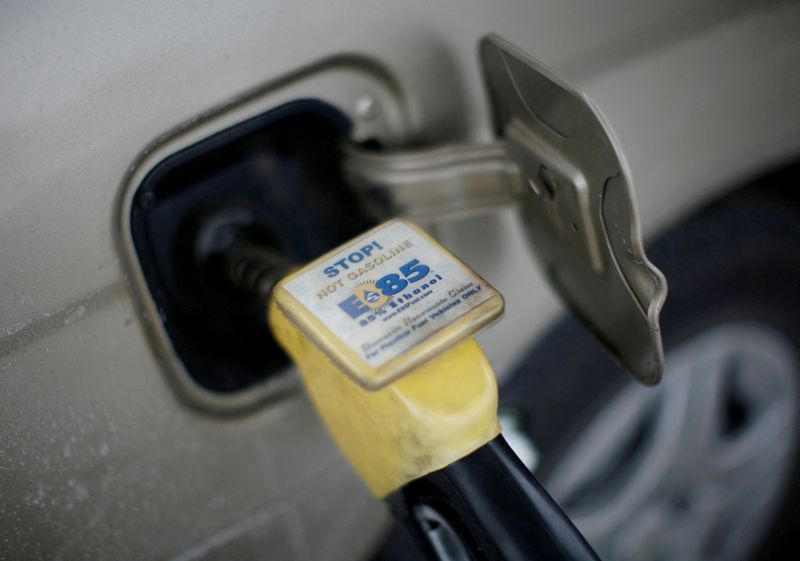Polygon Labs and market maker GSR spin off DeFi-focused blockchain
The crypto market maker GSR is also helping incubate the project.
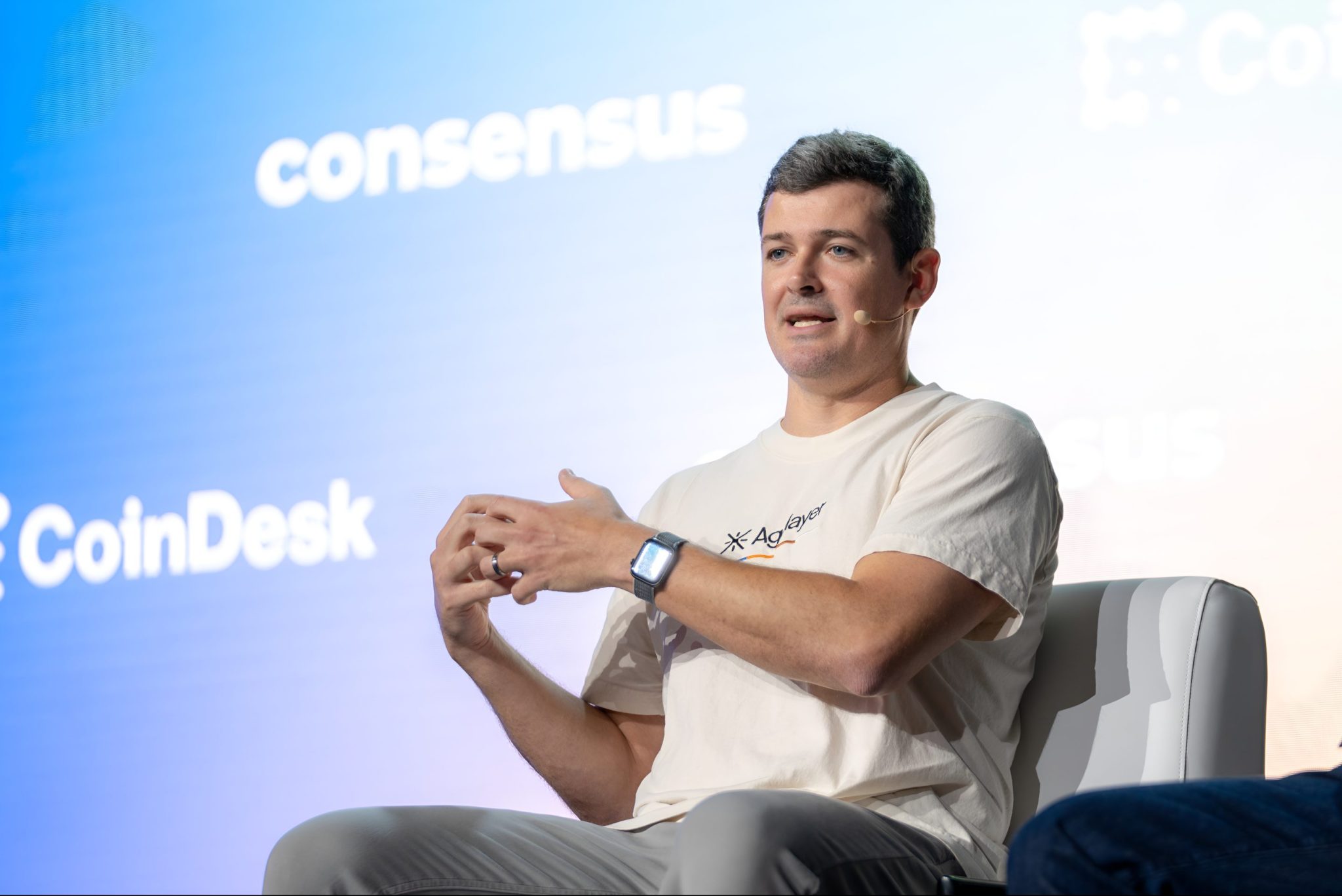
Polygon Labs became a darling of the 2021 and 2022 crypto boom when it partnered with corporate stalwarts like Starbucks and Meta on various blockchain projects. But, as those brand-name companies quietly dropped their experiments amid the ensuing “Crypto Winter,” Polygon Labs searched for other ways to popularize its network.
On Wednesday, the company, along with the crypto market making firm GSR, announced the launch of the newest blockchain it’s helped incubate: Katana. Instead of catering towards corporate clients, Katana is aimed at “degens”—crypto slang for traders with a high appetite for risk who often use DeFi, or decentralized finance, platforms.
Those platforms offer decentralized versions of traditional banking services like lending and borrowing. Rather than borrowing money from JPMorgan Chase, for example, DeFi users borrow from a decentralized pool of funds fronted by other crypto traders.
Katana is the latest sign from Polygon Labs, founded in 2017 and one of the marquee companies of the last crypto cycle, that the firm is more explicitly focusing on crypto traders rather than brand names. Polygon’s tie-ups with Meta, which focused on NFTs, and Starbucks, which built out a blockchain-based loyalty program, attracted widespread acclaim from the crypto industry in 2022. But, in 2023 and 2024, the two Fortune 500 companies abandoned their experiments with the blockchain company, respectively.
Since then, Polygon Labs has built out its DeFi team, and Marc Boiron, the CEO of the company, has even branded himself “the degen CEO” on X. “The key is: What are people actually doing on chain, rather than what looks good because it’s a big name?” Boiron told Fortune.
And what users are doing “on chain,” or on blockchains, are trading, lending, and borrowing. To that end, Katana has brought on Morpho, a decentralized borrowing and lending protocol; Sushi, which lets users swap and buy cryptocurrencies; and Vertex, an application for trading crypto futures, or bets on the upcoming prices of cryptocurrencies.
Boiron said that Katana’s biggest differentiator is how it prioritizes its core DeFi applications over competitors. On other blockchains, user funds may be split, for example, across several competing lending and borrowing applications. When funds are divided, users face markets where prices rise or fall abruptly in a matter of seconds. Katana, a layer-2 blockchain on Ethereum, aims to combat this through incentivizing only a handful of DeFi applications in its ecosystem.
To do this, the blockchain will distribute fees generated from users on the protocol back to the users of its preferred DeFi applications—among other incentives.
The blockchain is currently open to select users and will go public in late June.
This story was originally featured on Fortune.com




